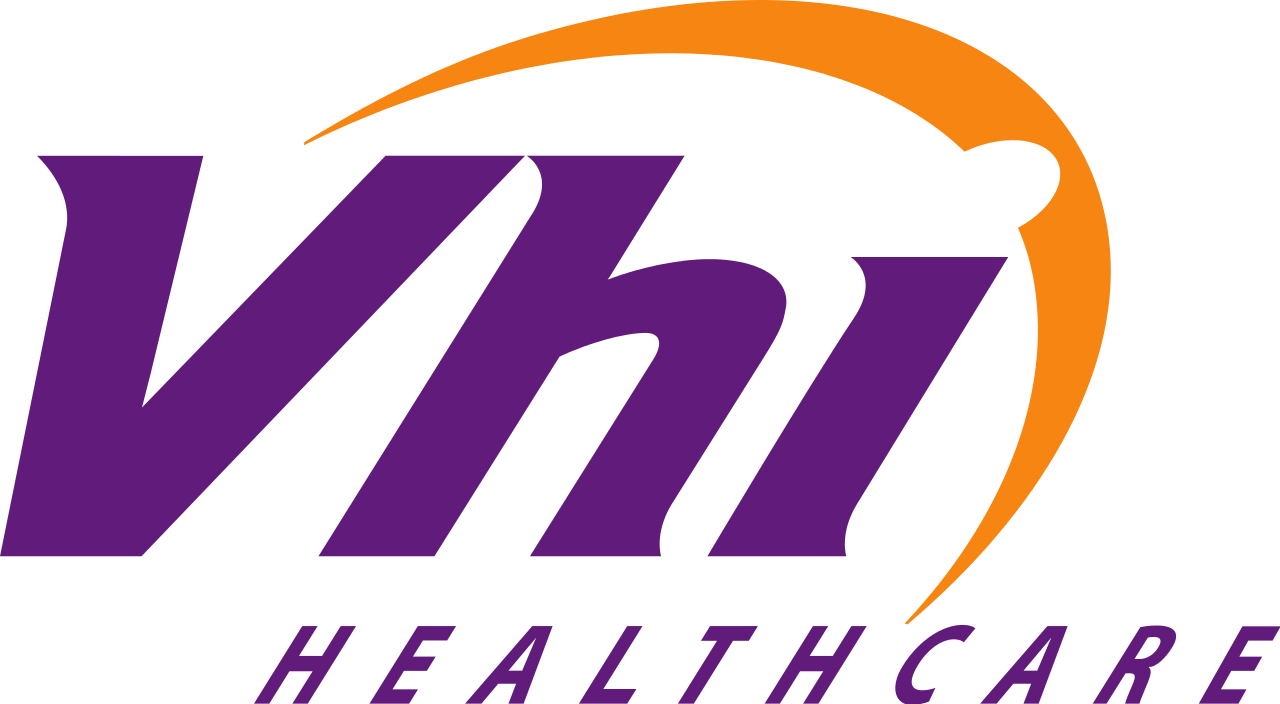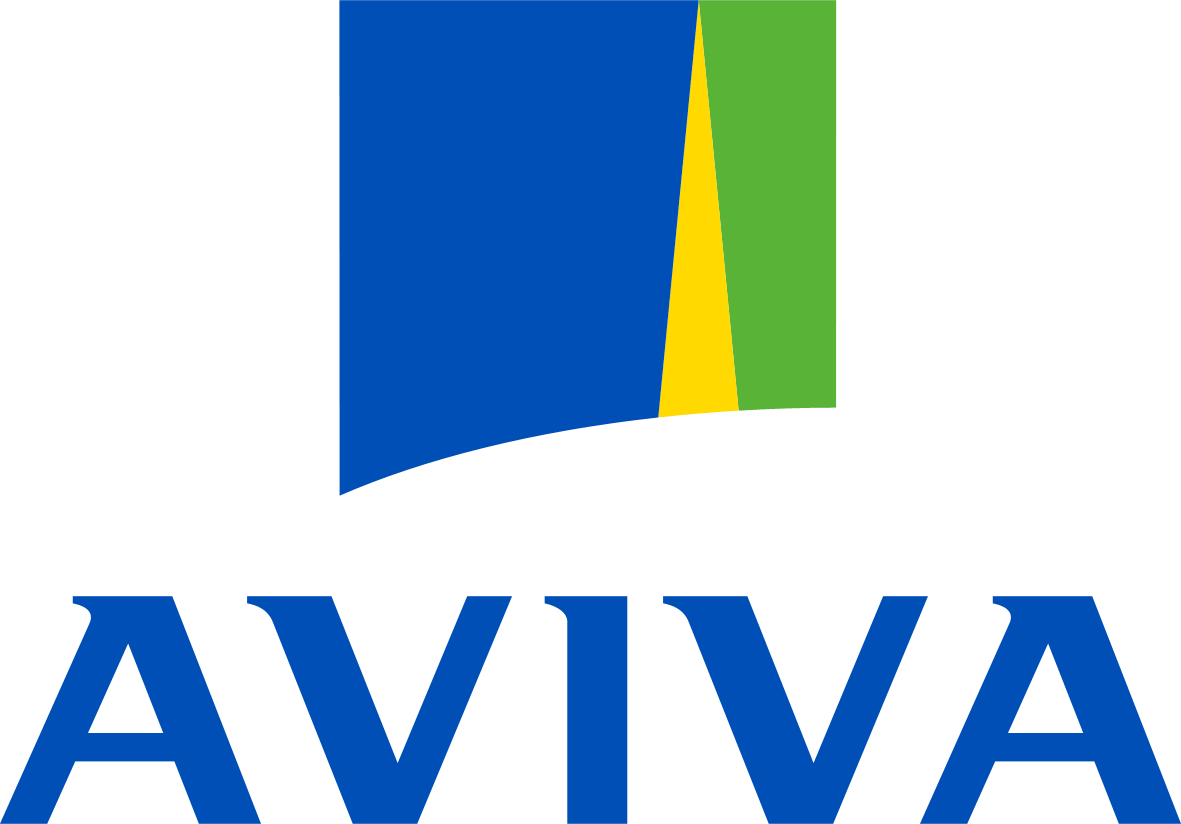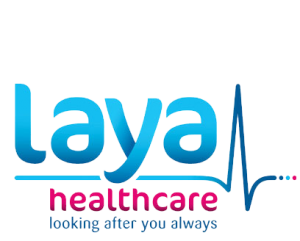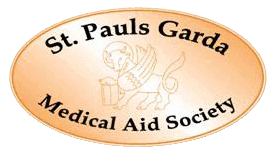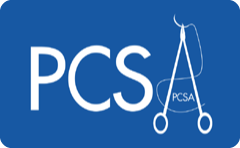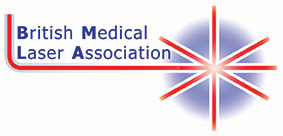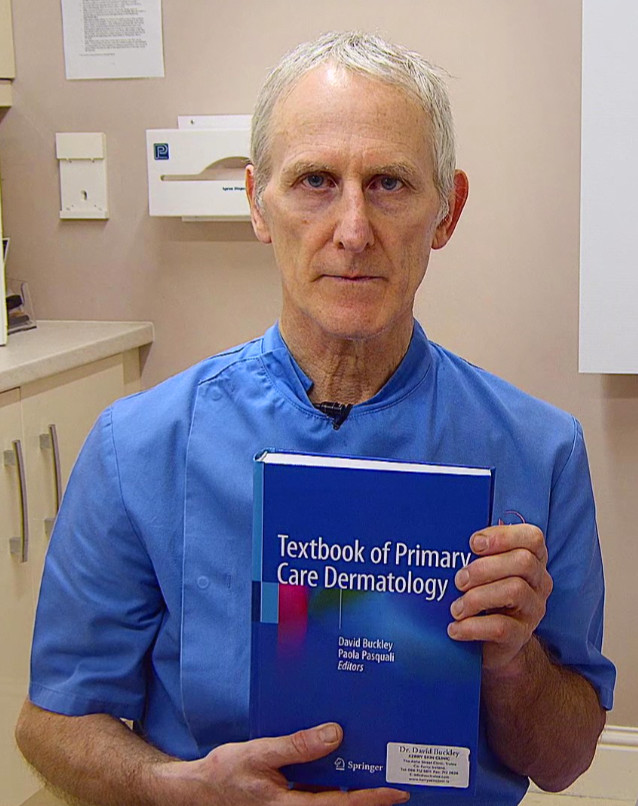
Dr David Buckley’s New Book
Textbook of Primary Care Dermatology
Dr David Buckley’s new book called “Textbook of Primary Care Dermatology” was published by www.Springer.com. It is primarily aimed at GP’s and other members of the primary care team such as practice nurses, public health nurses, pharmacists, chiropodists and students of these disciplines. It should also be useful for busy hospital based doctors and nurses who do not have easy access to dermatology expertise. Finally, it will be a great primer for doctors training in dermatology.
Video consultations now available
Video consultations at the Kerry Skin Clinic
Live video consultations (telemedicine consultations) are a safe, secure way for assessing various skin hair and nail problems including acne, eczema, hand dermatitis, itch, psoriasis, rosacea, nail problems, skin infections, excessive sweating, and pre and post op assessment. Video consultations are not suitable for examining suspicious moles or situations where a physical examination or a procedure may be necessary e.g. skin biopsy, removal of warts, leg ulcer assessment, allergy testing, etc.
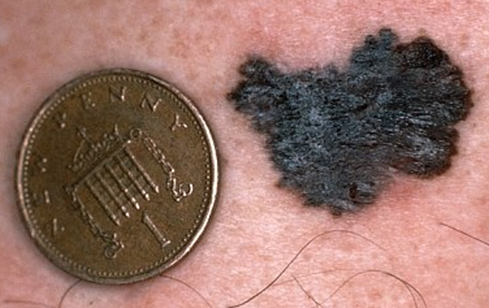
Skin Cancer
By Dr David Buckley
Most people love a sunny day. It can improve our mood and helps with vitamin D production. However, with all the sunshine we have been having recently, it should make us more aware of the dangers of the sun. While sunburn may be painful, it can also put us at risk of skin cancer later in life. More prolonged but less intense ultraviolet light (UVL) exposure from the sun or sunbeds on the skin may lead to a tan. However, if the skin is constantly being exposed to the sun or UVL it can lead to premature aging of the skin (causing wrinkles) and to skin cancer.
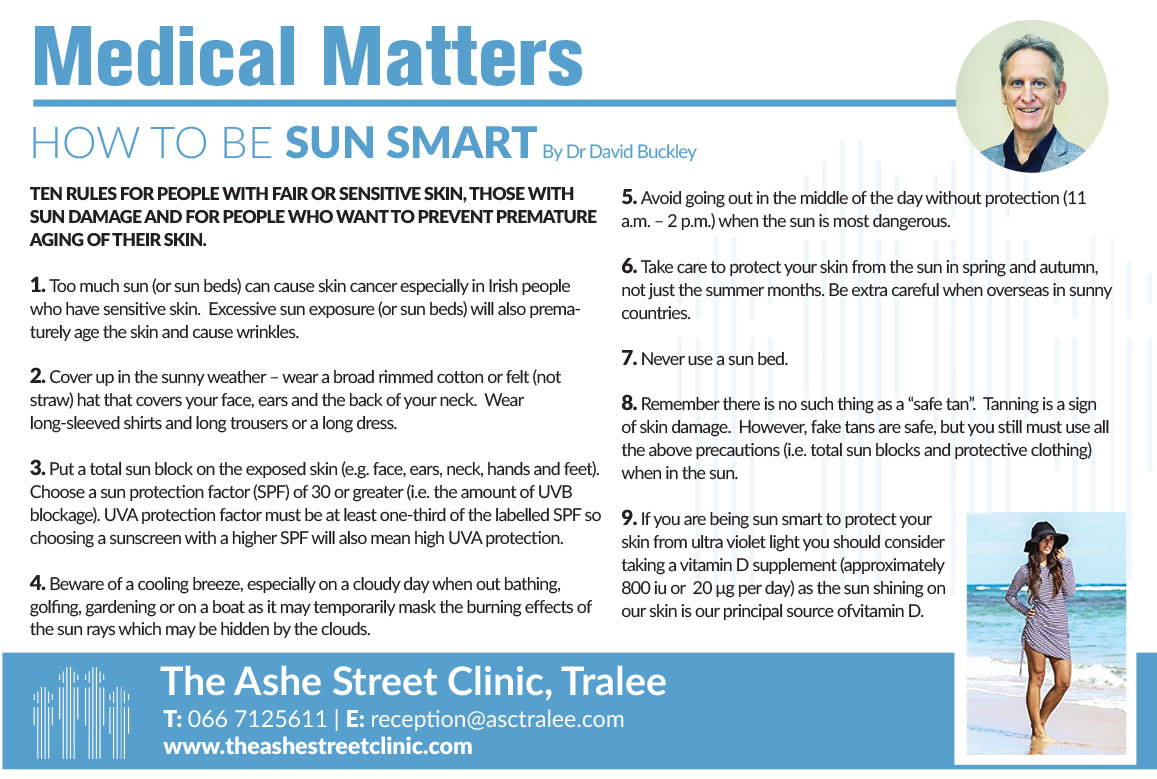
How to be Sun Smart
TEN RULES FOR PEOPLE WITH FAIR OR SENSITIVE SKIN, THOSE WITH SUN DAMAGE AND FOR PEOPLE WHO WANT TO PREVENT PREMATURE AGING OF THEIR SKIN.
By Dr David Buckley
What is Botox?
Botox© is an FDA approved treatment to temporarily improve the appearance of moderate to severe frown lines between the eyebrows, wrinkle lines on the forehead and crow’s feet around the eyes in women and men. Botox© helps to make you look younger, less cross and less stressed. When Botox© is given properly by an experienced doctor it can make you look great without been obvious. Botox© temporarily reduces muscle activity in these areas and stops the repeated muscle contractions which result in frowning and squinting, which can cause wrinkles over years.


